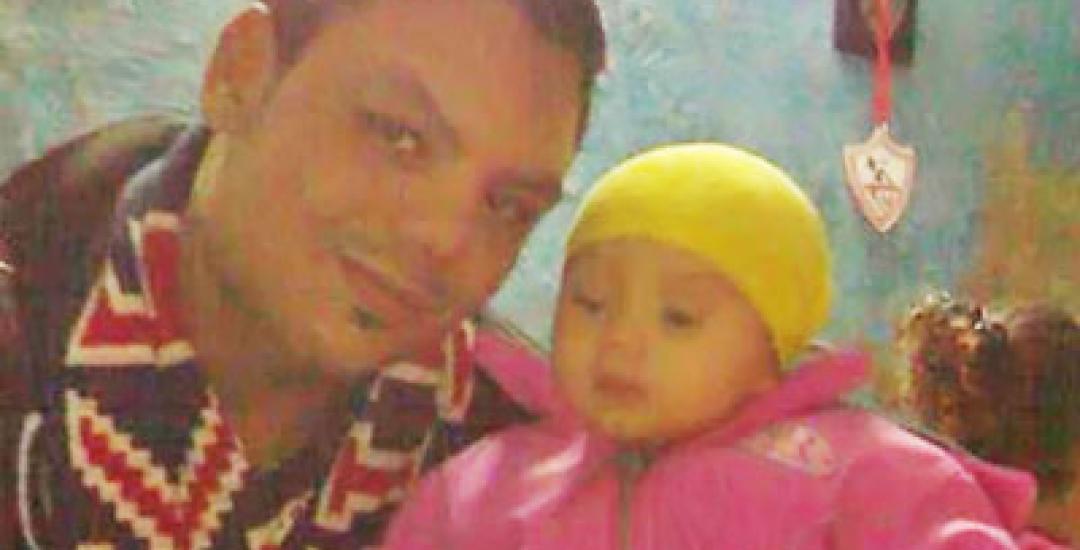
"I will never believe that this was the right decision," Mohammed Atta said. "A few hours before he died, my brother told me that this very officer had tortured him for two days. He put tubes in his mouth, nostrils and anus and turned the water on. Essam was also held in solitary confinement, and was forced to drink a brewage made of water, washing powder, cigarettes and oil. As a result, he vomited and suffered from acute stomach pain. Although his health seriously deteriorated following these acts of torture, he wasn't allowed to receive medical care. It is only when he was in agonizing pain that he was transferred to the hospital. That's when he died."
Former co-detainees confirmed this statement. Essam died because of the acts of torture he was subjected to by the police officer and his colleagues, and not because of a drug overdose, as set out in the official version put forward by the Interior Ministry and its Forensics Department. The medical report established by Dr Mohammed Salim, former chief of the department, contradicts the official report, which he described as 'absurd'. The small amount of drug reportedly found in Essam's body that is mentioned in the official report could not have caused his death, he explained.
Essam Atta's mother, Inaam Ragheb, is the last person to have seen the young man alive during a visit to Tora Prison on 25 October. She gave him a sim card, which the guards caught him receiving. They took Essam back to his prison cell and beat him up so violently that the mother could hear her son calling for help. Essam's family later learned about the young man's death from his former co-detainees.
In November 2012, Alkarama submitted Essam Atta's case to UN Special Rapporteurs on Torture and on Extrajudicial Executions, seeking their intervention with the Egyptian authorities to ensure an investigation is re-opened, and those responsible be prosecuted for their acts.
Ahmed Mefreh, Alkarama's representative in Cairo, commented that "Essam Attam has become the symbol of the government's policy of systematic impunity, especially in cases where the security services are involved. It is unacceptable that the General Prosecutor decided to close this case without any consideration for justice and human rights in Egypt. We are referring to the case of a man who was detained arbitrarily following an unfair trial by a military court, and who undoubtedly died as a result of torture perpetrated by police officers."
Ahmed Mefreh expressed his deep concern regarding the exacerbation of the practice of torture and extrajudicial executions in Egyptian prisons and other detention centers. Alkarama therefore calls on the Egyptian authorities to put an end to this climate of impunity which only encourages perpetrators to continue to commit abuses.
For more information or an interview, please contact media@alkarama.org (Dir: +41 22 734 1008).
